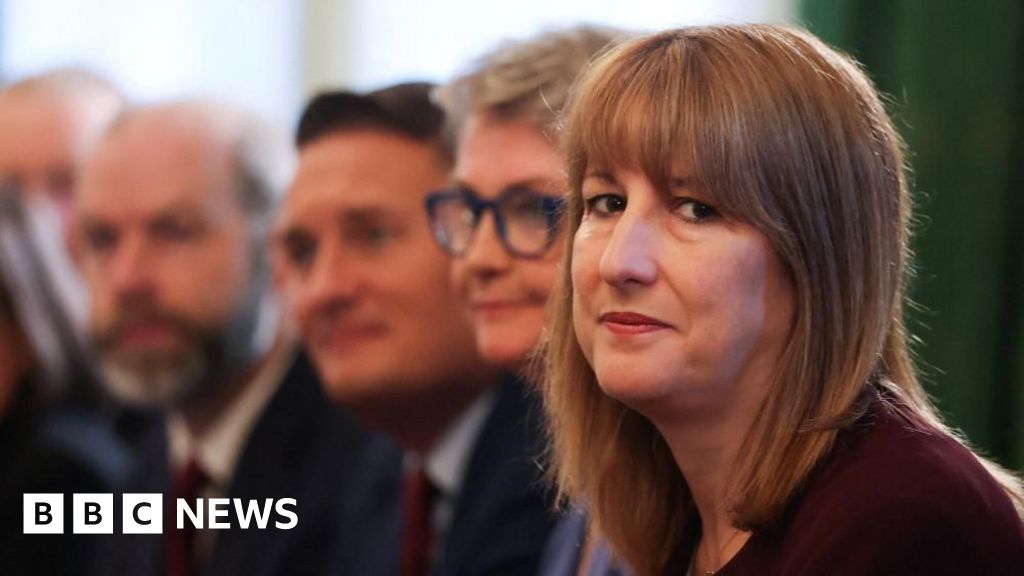
"The 9bn Treasury Reserve, designed to be used for "genuinely unforeseen, unaffordable and unavoidable pressures" has recently been used to fund higher public sector pay and compensation payouts. In a letter to ministers, the chancellor said Treasury would only consider providing reserve funds to departments that have already maximised their savings. It comes less than 11 weeks before Reeves is set to deliver Labour's Budget amid mounting pressure to boost economic growth while balancing public finances."
"The aim of restricting reserve access is to help Reeves stick to her borrowing rules by reducing government borrowing and keep department spending within totals announced at the June Spending Review. She also warned that any funds borrowed from the reserve would have to be repaid. The chancellor will outline the government's tax and spending plans for everything from hospitals and schools to infrastructure and defence in the Budget on Wednesday 26 November."
"Economists have previously warned that she will need to lift taxes or make spending cuts to meet her borrowing rules, which include having day-to-day government costs paid for through tax income instead of borrowing by 2029-30. Head of the Confederation of British Industry Rain Newton-Smith said chancellor "must commit to tax reform, not just tax rises" in an opinion piece in the Guardian. Businesses have faced ongoing cost pressures following April's increased employer National Insurance Contributions and the National Living Wage as well as continuing price increases."
Chancellor Rachel Reeves has limited departments' access to the Treasury's £9bn Reserve to ensure funds are used only after departments maximise savings. The Reserve, intended for genuinely unforeseen, unaffordable and unavoidable pressures, has recently funded higher public sector pay and compensation payouts. The restriction aims to reduce government borrowing, keep department spending within June Spending Review totals, and enforce repayment of any borrowed Reserve funds. The Budget on 26 November will set tax and spending plans across hospitals, schools, infrastructure and defence. Economists warn taxes must rise or spending must be cut to meet borrowing rules by 2029-30. Businesses face higher employer NICs, a raised National Living Wage and ongoing price pressures.
Read at www.bbc.com
Unable to calculate read time
Collection
[
|
...
]